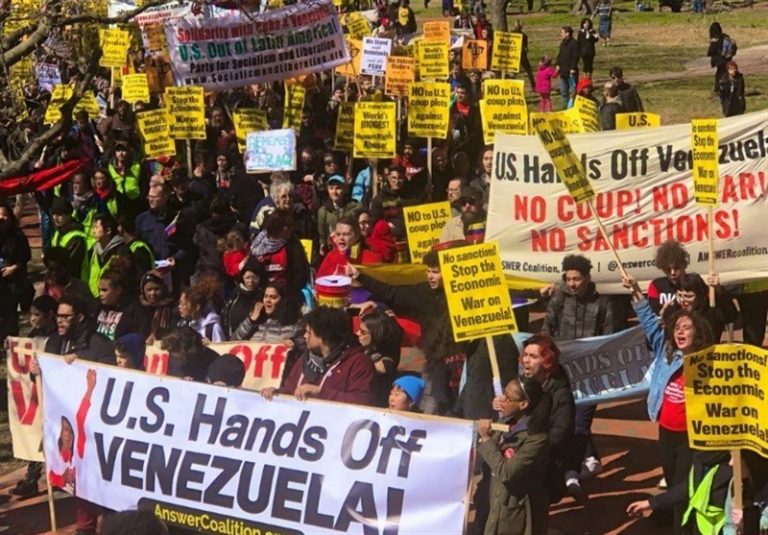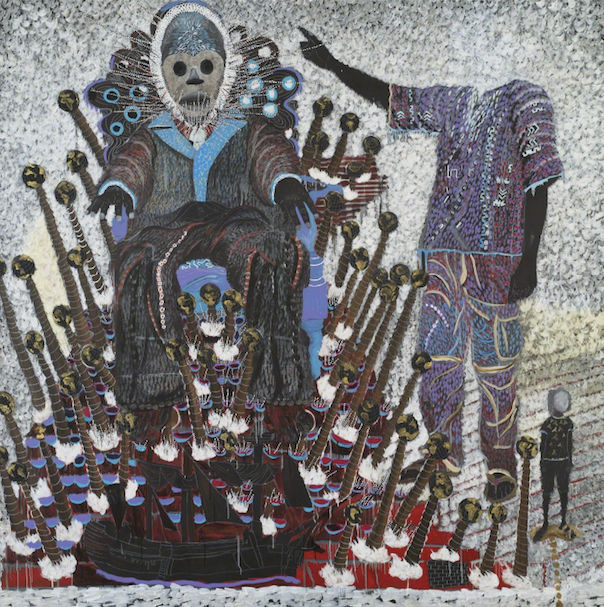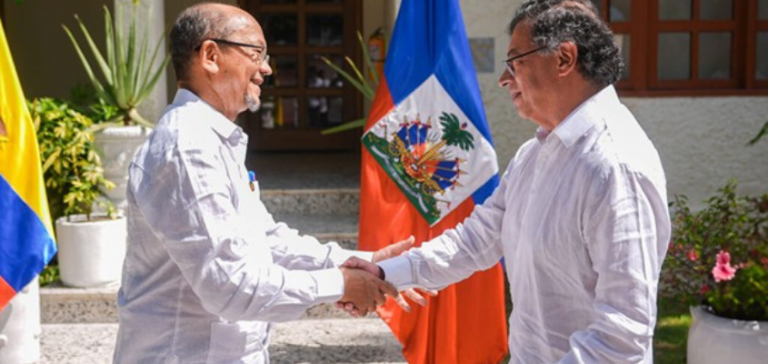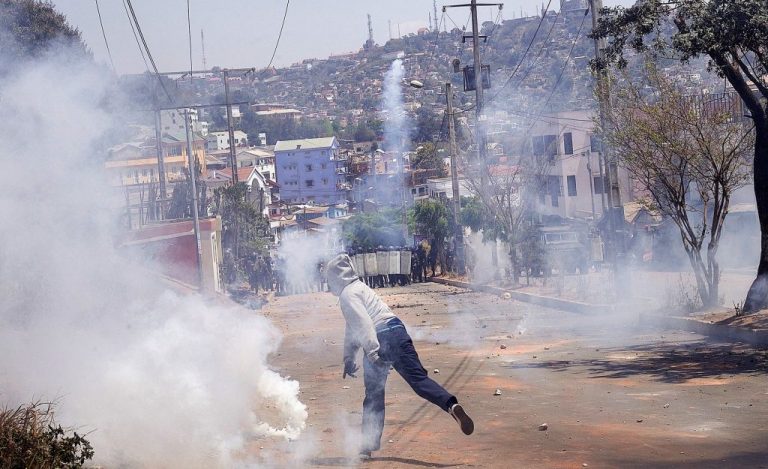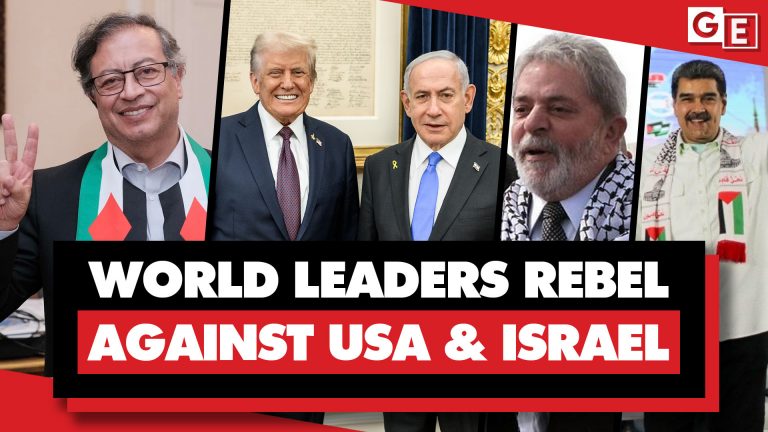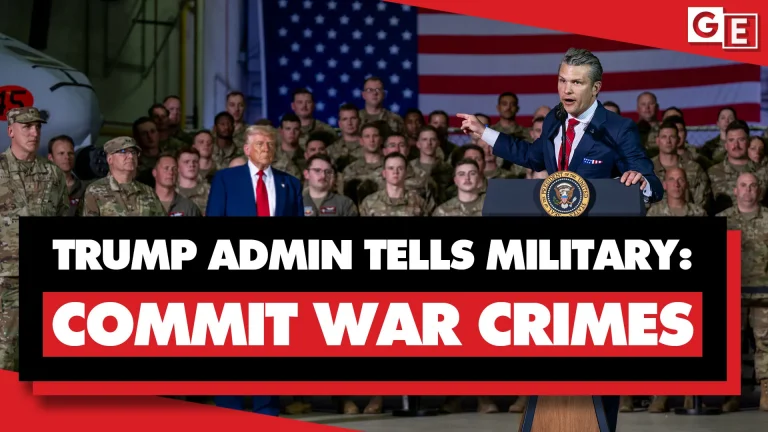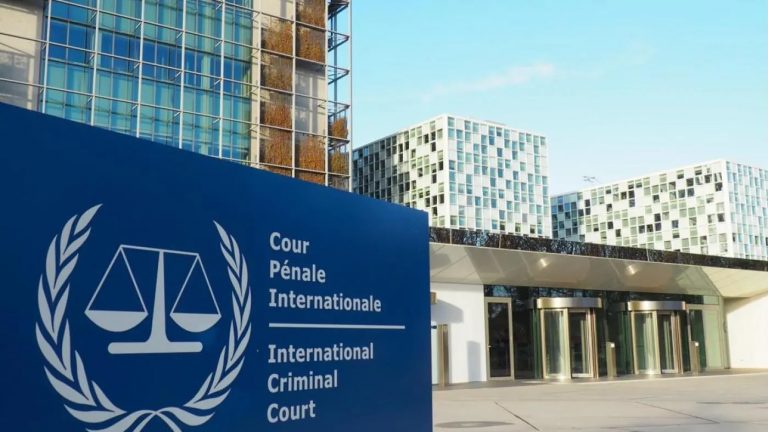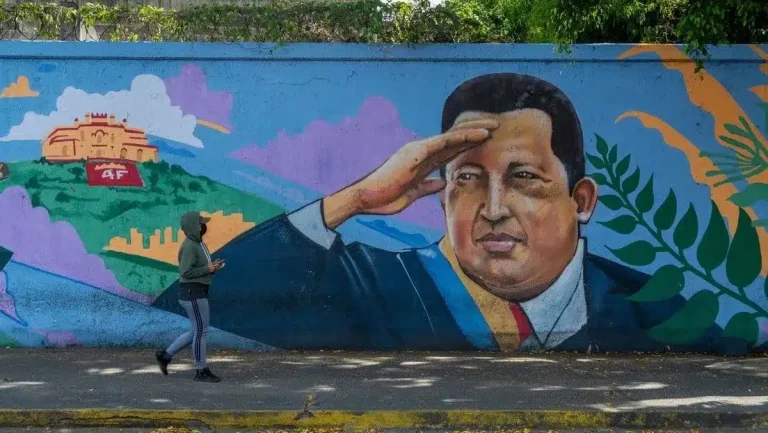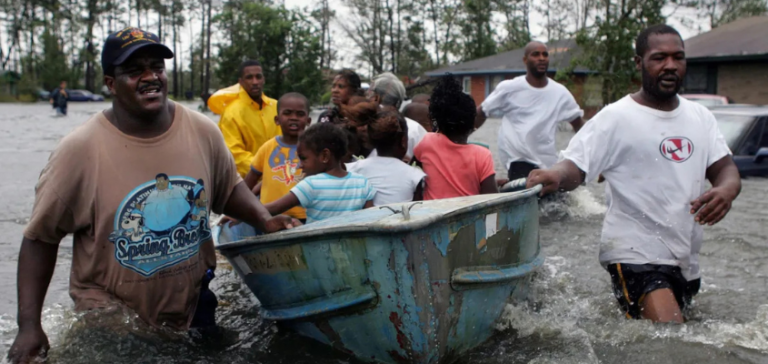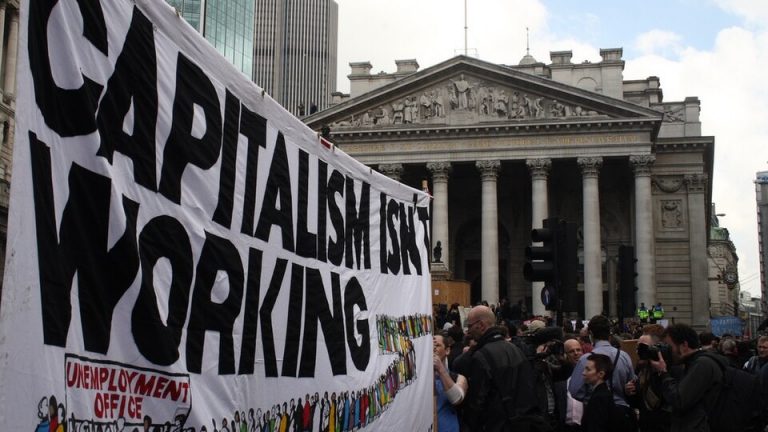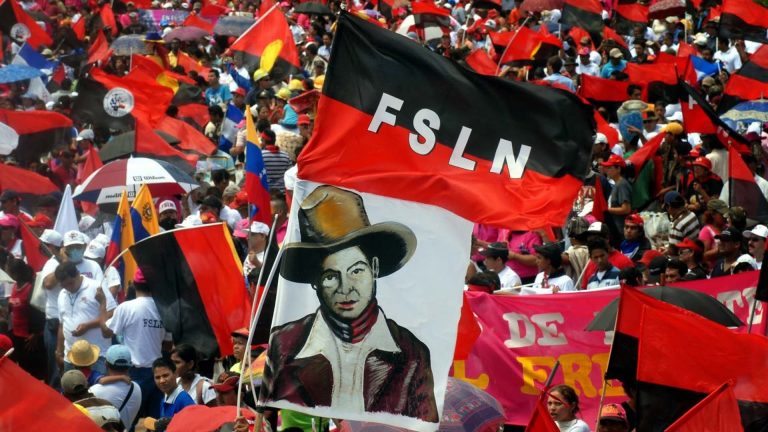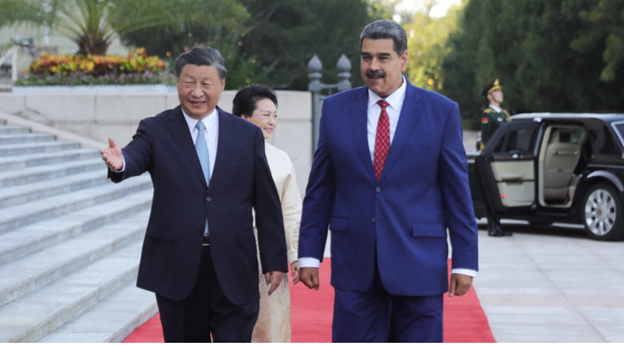The US Is Frighteningly Close To A Military Invasion Of Venezuela
The Venezuelan government recently requested action by the United Nations because it has good reason to believe that an attack is imminent. To understand the current threats and how Venezuela is preparing to defend itself, Clearing the FOG speaks with Roger Harris, a co-founder of the Venezuela Solidarity Network and member of the board of the Task Force of the Americas, as well as other Latin American solidarity organizations. Harris explains how the US has been trying to overthrow the Venezuelan government for decades, why Venezuela is a target of Washington and what people can do to try to stop an invasion.

